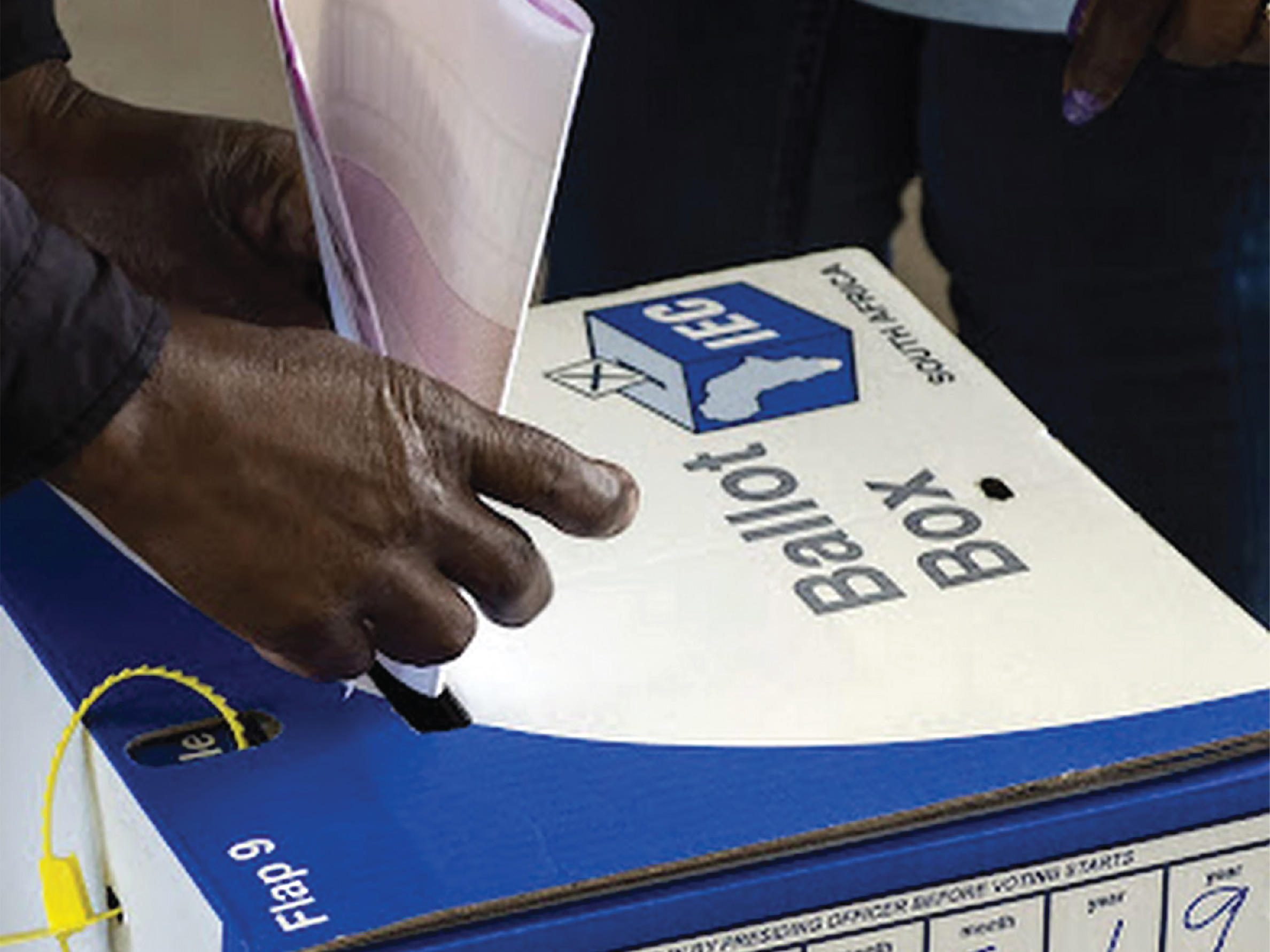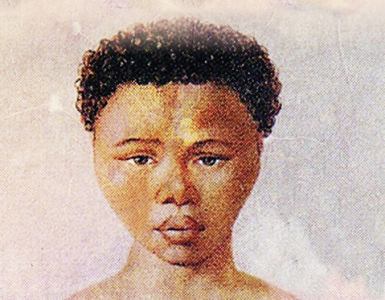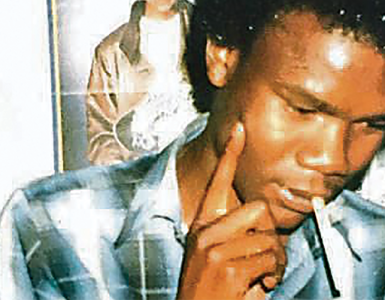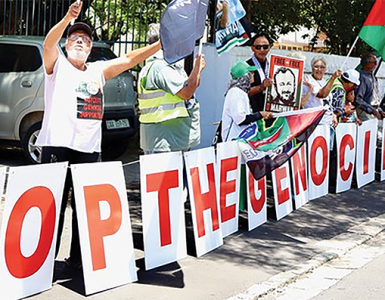ACTION: The people need coherent, enlightened action
By Ido Lekota
In his non-fiction novel, Matigari, Kenyan-born East African author Ngugi wa Thiong’o writes about how at independence post-colonial African societies are usually imbued with a renewed feeling of national consciousness which rouses within people a sense of belonging to a country that they can refer to as their own.
Wa Thiong’o goes further to capture how, subsequently, the new ruling elite erodes the national consciousness by becoming so obsessed with power and their material enrichment, thereby turning the “imagined state into a nightmare for the largely impoverished masses; languishing on the periphery of society.’’
The author’s depiction of the situation in post-independence Kenya resonates with Frantz Fanon’s essay “The Pitfalls of National Consciousness”, wherein the late post-colonial studies expert captures how parties that had led the fight against colonialism morph into forces against the much needed national consciousness for the building of new democratic societies.
Both Fanon and WaThiong’o articulate how in the leadership of the new ruling elite national consciousness, instead of being the all-embracing crystallisation of the innermost hopes of the whole people and being the immediate and most obvious result of the mobilisation of the people, has become an empty shell, a crude and fragile travesty of what it might have been.” It is under these conditions, aver Fanon and WaThiong’o, that “people stagnate deplorably in unbearable poverty wherein the so-called distribution of wealth the new elite is supposed to effect has become an affront all more disgusting in that the majority continue to die of starvation.”
This, according to Fanon and WaThiongo, happens in situations wherein The Party is no more “with nothing left but a shell, the name, the emblem and the motto.” It is crucial that as the multitudes of South Africans voters prepare to go to vote or not vote on Monday – they mull over Fanon and WaThiongo’s depiction of a country involved in the erosion of national consciousness and the impact thereof on the quality of their lives. This is more so because of the current situation wherein most of them have previously put their fate in the ruling African National Congress (ANC) then finding themselves in the condition described by the two authors – a situation further compounded by the behaviour of two main opposition parties, the Democratic Alliance (DA) and the Economic Freedom Fighters (EFF).
The EFF – a party that has managed to position itself as a viable alternative to the ANC for the majority of South Africa voters – has recently shot itself in the foot promoting some snake-oil solutions among the South African poor by encouraging them to make more babies because South Africa is prosperous – and when the party takes over, they will increase the money for social grants.
Since 1994 the DA has positioned itself as an alternative to the ruling ANC, projecting itself as a party committed to liberal principles and the building of a non-racial country. To try and shed its image of historically protecting White privilege, the party adopted a strategy including the wooing of Black political leaders into its ranks as an entry ticket into the hearts and minds of the Black voters.
Unfortunately, the recent decision by the DA in KwaZulu-Natal to put up racially inciting election posters in Phoenix (where 30 people were recently killed in racially motivated attacks) reading “ANC called you racists. The DA calls your Heroes”, and the continued support by the party’s leaders Hellen Zille and John Steenhuisen, is an example of the race-baiting the party continues to engage in.
The DA as a party continues not to engage in various micro-aggressions when it comes to members of diverse Black communities, be it residents of informal settlements, black professionals and even members of political parties, including the ruling African National Congress. Unfortunately, given that those facing the brunt of this micro-aggression are Black people, the party has invariably come to be seen as anti-Black.
On the other hand, the party’s policy of colour-blindness is contrary to the spirit of the country’s Constitution. Indeed the Constitution is committed to the establishment of a non-racial and non-sexist society. It also aims to free individuals from the shackles of narrow social categories that, in the past, determined their destiny.
However, the Constitution also recognises the need to redress the inequalities of the past. To that end, section 9(2) authorises differential treatment, provided the measures in question are designed to protect or advance persons or categories of persons disadvantaged by unfair discrimination.
The behaviour mentioned above by the EFF and the DA and the untenable situation the ruling ANC finds itself in, could most probably leave the voters in difficulty when it comes to choosing the party that will ensure a better future for themselves.
In resolving the plight, the voters should be guided by an awareness that what is needed from them is, in the words of Fanon, “a coherent enlightened action.”
As voters, they need to understand that they are “the demiurge from whose magic hands the solution will come.”
Ido Lekota is an independent socio-political commentator.




























